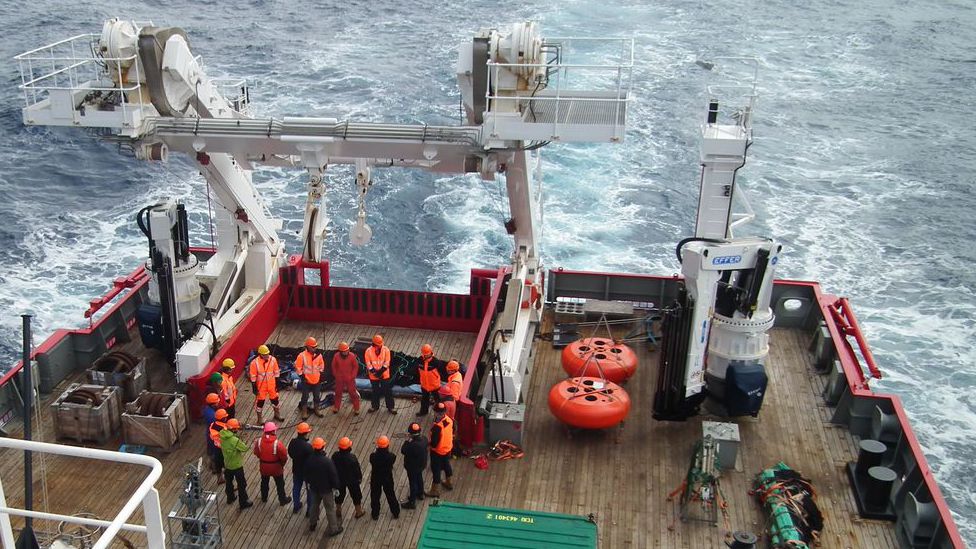Everyone Can Benefit from a Coach

Leadership workshop participants often ask me what the most important thing is for them to learn. My answer is always the same: pay attention to how you behave with others. It’s not always about learning something new, but rather to change or stop something in our behavior that may impact others negatively. For leaders who genuinely want to excel in their role, personal and professional development is important. And a good place to start this development is with a coach. A leader, no matter their skill level, can benefit from outside input.
A good coach will be able to lay out their process and what outcomes you can expect. This will often include the collection of feedback from direct reports about the leader’s behavior, which can help identify areas in need of improvement. For example, perhaps the first officer doesn’t seem like she’s listening when the deck crew speak, but doesn’t realize it, so the deck crew feel that they aren’t being heard. By having a coach meet with the deck crew to assess what their perceptions of the situation are, issues can be identified.
Based on the feedback received about the leader’s behavior, a coach can now pinpoint what the actual problem is, not what the leader thinks the problem is. This is critical to understand. It’s what a leader doesn’t know that gets them into trouble. A coach can help identify areas for improvement that may not even occur to the leader.
The next step requires that the leader accept the feedback in the spirit it’s given. If they become defensive, or start making excuses and ignore what the coach is offering, this may indicate that the leader isn’t really interested in progressing. Working with a coach is only beneficial if the leader is enthusiastic and willing to participate. Otherwise everyone involved will just be wasting their time. Yes, you may get feedback that you’d rather not hear, but no one is perfect, so it shouldn’t come as a surprise that people may have unpleasant things to say. A coach can help a leader filter the feedback to use as a powerful tool for transformation.
As always, it’s important to set up expectations with a coach right at the start. A leader should identify what he or she hopes to get out of the sessions. All expectations must be realistic, so a leader that hopes to be perfect after working with a coach will never achieve that result. Make sure you clearly lay out the top 2 or 3 realistic expectations and work towards them. Coaching isn’t a magic bullet or a quick fix. Coaching helps leaders learn to use new tools and strategies when situations become challenging.
The benefits for leaders who receive coaching include:
- Identifying the leader’s strengths and development needs
- Putting focus on current strengths to improve performance
- Adopting and/or reinforcing leadership competencies crucial to the organization's success
- Creating positive and sustainable behavior changes
- Developing leadership skills and practices, including coaching skills of their own
- Designing an action-oriented plan for further career development
Because good coaches can offer many benefits and help develop insight into unexamined behaviors, consider coaching as an avenue to improve your leadership skills. The higher a leader goes in an organization, commonly their technical skills are called upon less and less, while their interpersonal skills become more important. For example, a captain doesn’t necessarily do all or even any of the chart corrections, they may have people who help them do this task. The same with a chief engineer who delegates work to other members on his team. These leaders need to be able to communicate clearly and interact effectively to get the most out of the people helping them. Because the change in focus goes from hard skills to more soft skills, successful leaders recognize that technical skills alone do not translate into being a good leader.
Paul Ferdais is the founder and CEO of The Marine Leadership Group and has worked extensively in leadership roles for more than 20 years. In addition to being a certified Marshall Goldsmith Stakeholder Centered Coach, he also holds an MA in business leadership from Trinity Western University, Canada’s premier leadership university. He also holds a 500GT Canadian Commercial Master License and a 200GT Yachtmaster Offshore License. This article first appeared on The Marine Leadership Group’s blog, and may be found in its original form here.
The opinions expressed herein are the author's and not necessarily those of The Maritime Executive.
